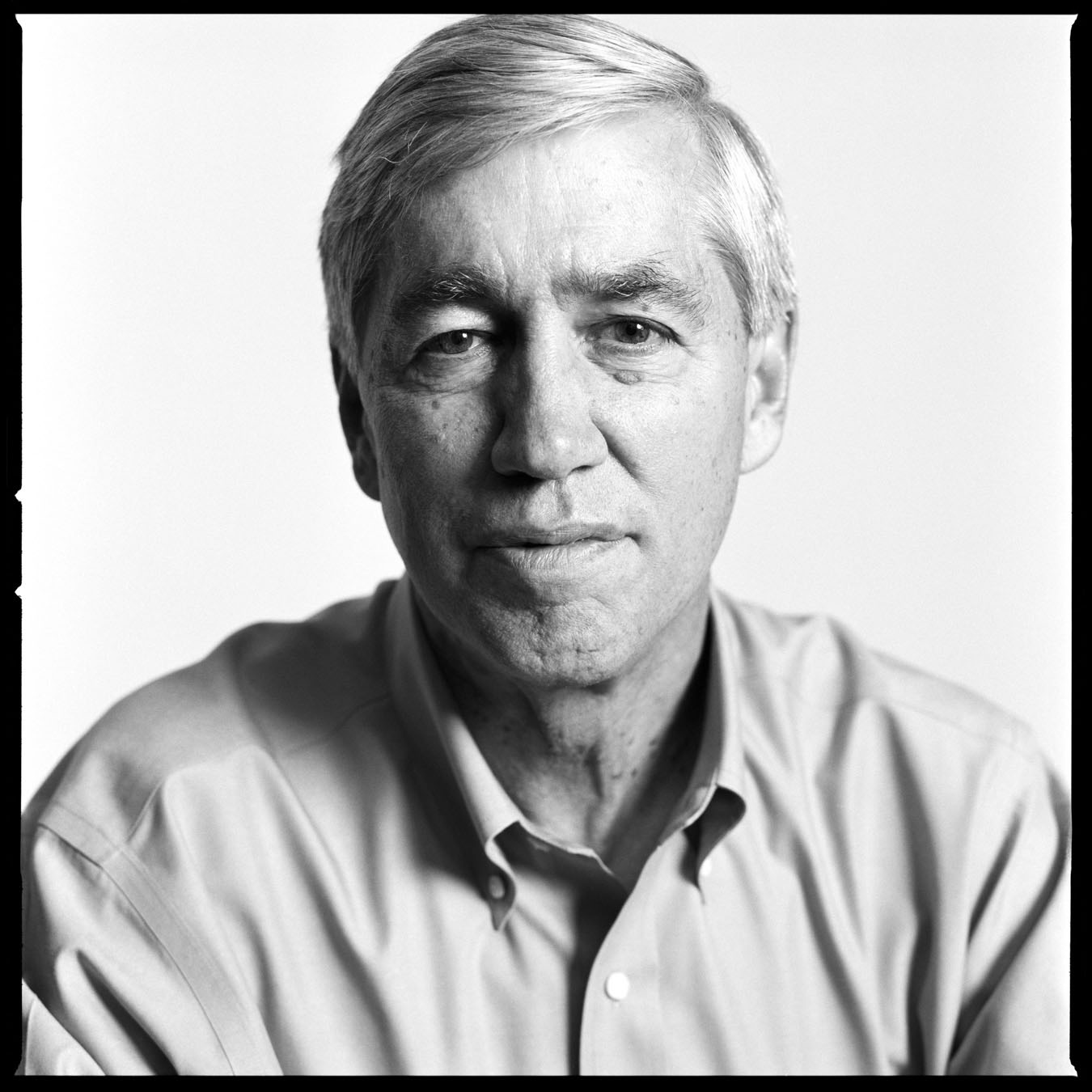Richard P. Lifton
Yale University and Howard Hughes Medical Institute
2014 Breakthrough Prize in Life Sciences
For the discovery of genes and biochemical mechanisms that cause hypertension.
The Science
High blood pressure is an underlying factor behind the leading causes of death worldwide. Its basic causes have been unknown. By studying patients from around the world, Richard Lifton identified gene mutations causing the most extreme cases of high blood pressure, and showed that all of them increased salt reabsorption in the kidney. Conversely, mutations that impaired salt reabsorption caused extreme low blood pressure. These findings have allowed specific diagnosis and treatment for these rare patients. Equally importantly, they have provided the scientific basis for public health efforts to prevent high blood pressure by decreasing dietary salt intake and have promoted new approaches to its treatment.
Comments
We do biomedical science driven by curiosity, the thrill of discovering fundamental mechanisms about how life works, and the confidence that detailed understanding of normal and disease biology provides a key to improve human health. I’m honored and exhilarated to receive this prize, in particular to be selected by such a remarkable group of scientists. Hypertension (high blood pressure) affects one billion people, and is a principal risk factor for cardiovascular disease, the leading cause of death worldwide. To discover the fundamental mechanisms that govern blood pressure, we identified patients around the world with exceptionally high or low blood pressure due to single gene mutations, and identified the mutated genes. Remarkably, these genes all encode mediators and regulators of salt reabsorption by the kidney. Mutations that increase or decrease salt reabsorption drive blood pressure to its highest or lowest levels, respectively. These findings establish the fundamental role of salt balance in blood pressure homeostasis, and provide the scientific foundations for public health efforts to limit dietary salt intake, for rational combinations of antihypertensive medications, and for development of new therapies. I’m extraordinarily grateful to the patients whose selfless participation motivated this research. I have been fortunate to work with talented and supremely dedicated students, fellows, staff, and faculty at Yale and around the world. Support from the Howard Hughes Medical Institute and the NIH has enabled us to pursue audacious goals. I am most grateful for the love of my family, which has been a constant source of inspiration and sustenance.
